School is back in session! And in Colorado, this means that chaplaincy takes on a bit of a different vein through high school. For me, 2018 marks the sixth consecutive season of working with the Boys Soccer Program at Valor Christian High School. This year, again, I will serve as chaplain for the Varsity Boys Soccer Team. Valor is one of the top private schools in Colorado and perhaps the country with an emphasis on college-preparatory level work and excellence in all things from academics, arts, athletics, and more.

A pre-game huddle and word of encouragement
Chaplaincy at Valor, though, is different from chaplaincy amongst professional soccer. Some of the unique aspects of working with the Valor community include, first, the Christian environment and values that Valor is setup to foster and grow. This works in a double-edged way. First, sometimes in a Christian school setting or environment, it can be difficult for a chaplain to be effective. While welcomed, sometimes the role of a chaplain can be blurred with others (like coaches) who have a mandate to emulate or encourage Christian values and teaching. As a chaplain at Valor, much of the leadership and planning comes from the coaches and the chaplain assists this. Sometimes a coach in a Christian school or environment can feel threatened or impinged upon by the chaplain role.
A second challenge with the Christian environment at a school like Valor is that not everyone is a Christian that attends the school. While families and students do acknowledge and allow themselves to be open to Christian instruction, they do not necessarily have to affirm the Christian faith. These can be a challenge for the chaplain to navigate both the institutional values and the individual needs of the students and their families, which may differ (religiously, etc.).
Perhaps another distinctive with the chaplaincy work at Valor is the age of the team members that a chaplain may work with. Many of the young men on the team are still figuring out life. They may or may not have had opportunities to be independent of their families and make decisions about their own faith journey and expressions of that faith. In addition, by virtue of their age, it is rare that these young athletes have faced very many of life’s challenges — whether a significant injury, illness, death, the need to earn or win a contract, etc. — that are present at the professional level of the game.
Often times, the chaplaincy work that happens at the high school level must also be concerned at working with the parents of the players. Marital issues, depression, and a myriad of other issues often come to the forefront. The high school years, especially with a school as rigorous and demanding as Valor, can often create a pressurized system whereby one’s faith and family are tested and challenged. Not every family (as mentioned before) has strong resources of a Christian faith, or other faith, and faith community. In these spaces, a chaplain can be a tremendous support.
While these are some of the unique challenges in working at the high school level, there are also several enjoyable points that make chaplaincy in this level enjoyably different as well. One is that the pressure to win and succeed is different. There are no contracts or jobs, per se, on the line. Coaches and staff in this environment can be more concerned with character development amongst the team. While there may be cuts in a the program, usually, at the high school level there are multiple activities that a student may take on if they don’t make the program. The Christian environment and expectations do allow a chaplain more freedoms in terms of the types of pastoral and spiritual care interventions that are offered. Also, coaches and other administrators that have good relationships with a chaplain can allow more involvement in creating spiritual plans and approaches to support the student-athletes and their families.



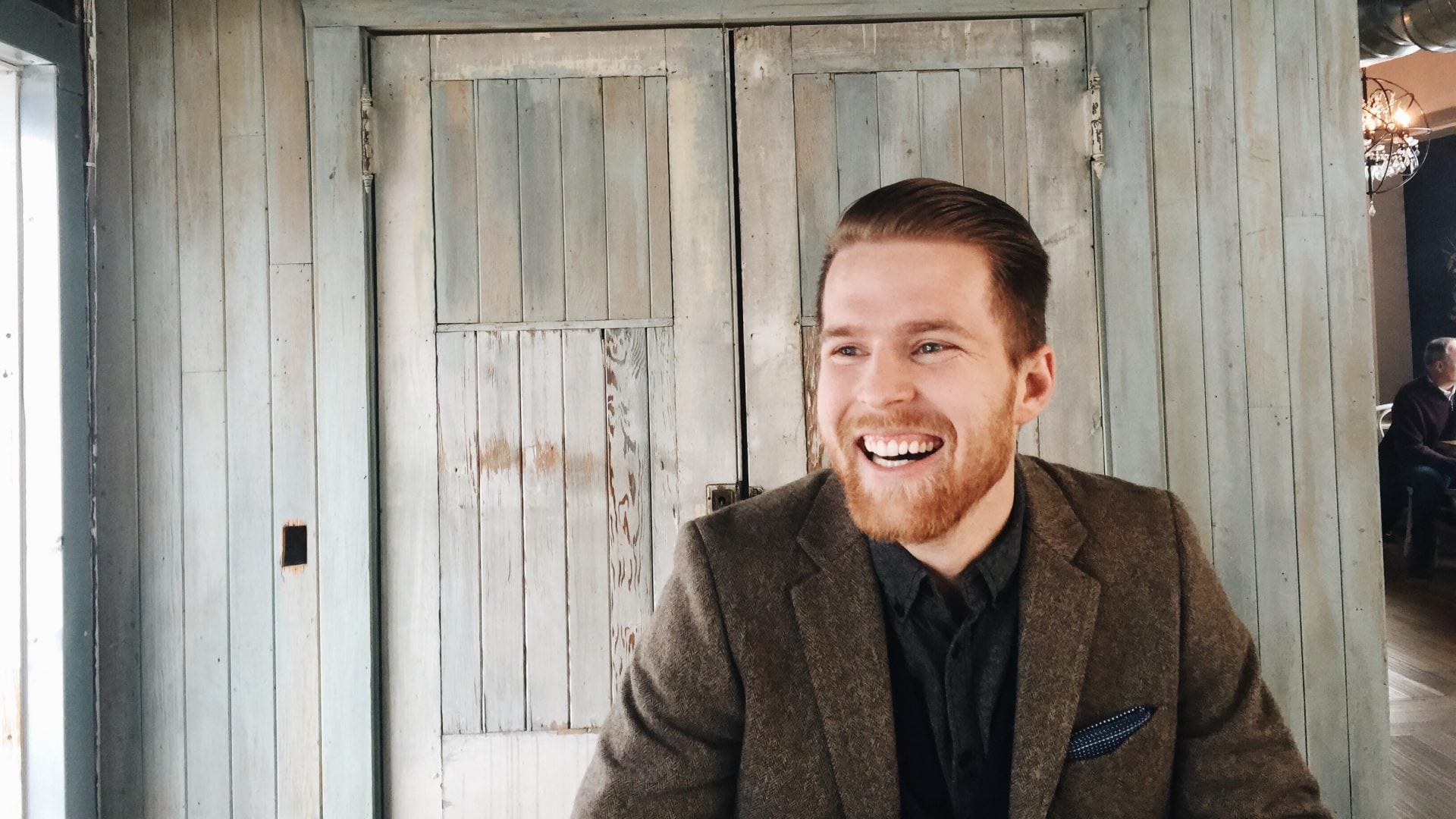

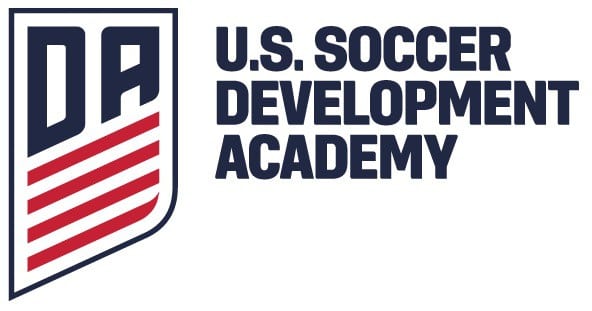
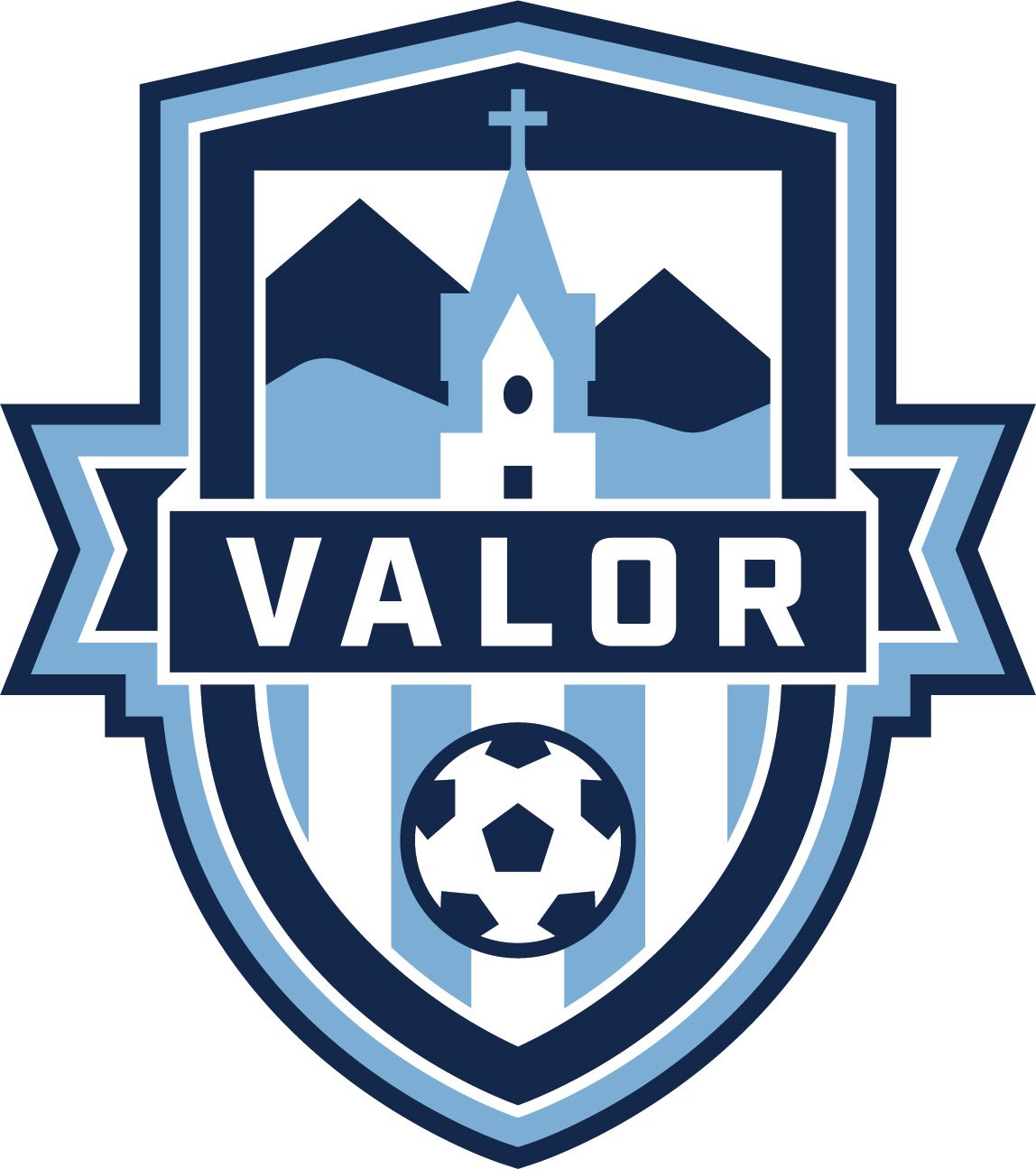


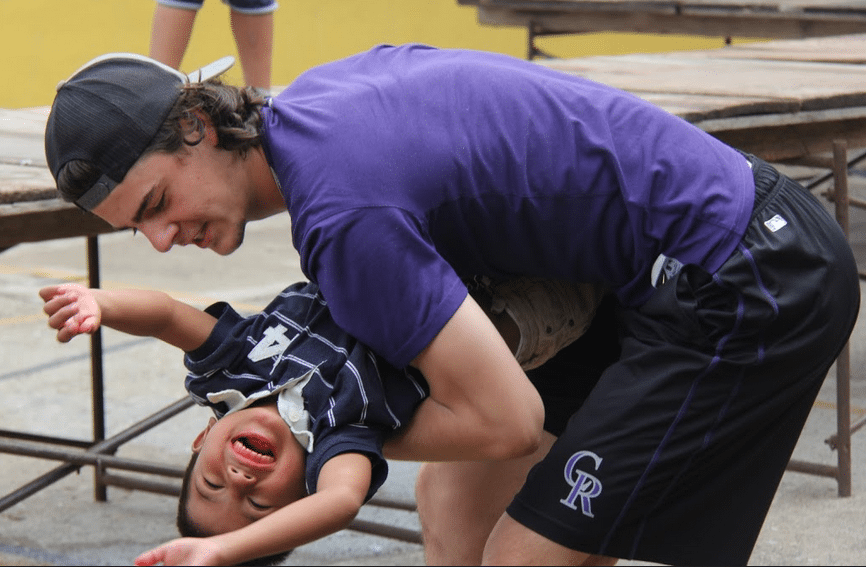
 Valor High School senior, Class of 2019, Colin Kemp spent the month of June in Guatemala with a team of his school peers and a few teachers and mentors. Kemp shares about the trip from his perspective in this post.
Valor High School senior, Class of 2019, Colin Kemp spent the month of June in Guatemala with a team of his school peers and a few teachers and mentors. Kemp shares about the trip from his perspective in this post. to play with the kids and do construction for local churches by day, then pouring into the lives of those who have never seen the true love of Christ by night.
to play with the kids and do construction for local churches by day, then pouring into the lives of those who have never seen the true love of Christ by night.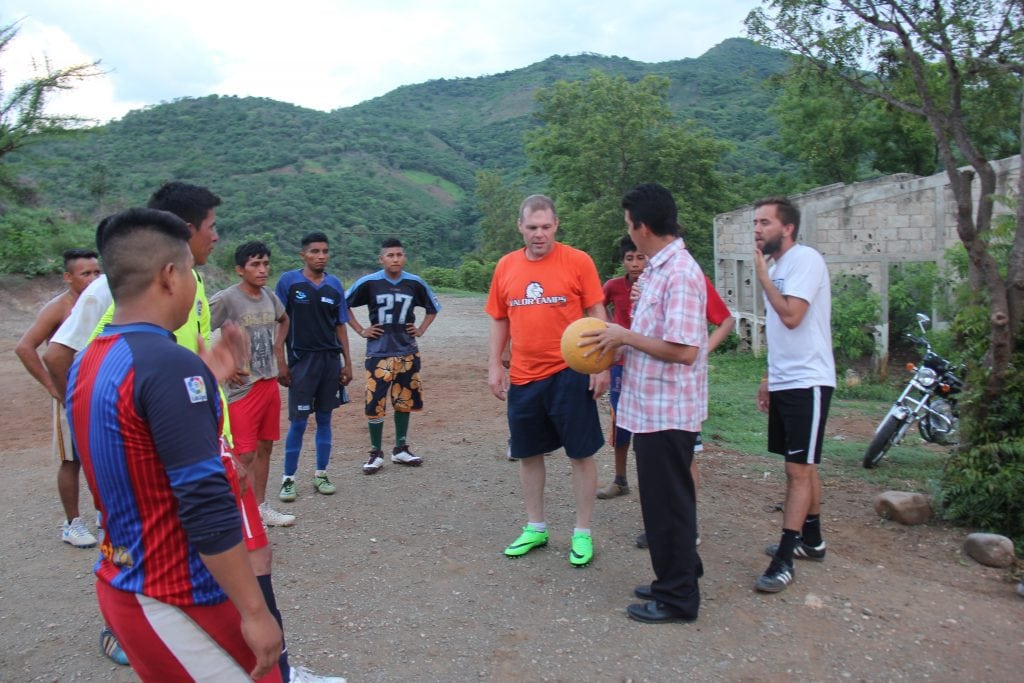

 In May of this year,
In May of this year,  By partnering with Soccer Chaplains United, we were able to provide an unexpected surprise for the children, who typically visit the Hope Center for a hot meal, help with their school work, spiritual teaching, and other activities.
By partnering with Soccer Chaplains United, we were able to provide an unexpected surprise for the children, who typically visit the Hope Center for a hot meal, help with their school work, spiritual teaching, and other activities. rms were a hit for both boys and girls. They were very excited and thankful that they now look like a more official team. Our staff in Honduras regularly organizes soccer tournaments in which the various Hope Centers compete with each other. These uniforms and equipment will be a great benefit for future competitions. Thank you Soccer Chaplains United for making a dream come true.
rms were a hit for both boys and girls. They were very excited and thankful that they now look like a more official team. Our staff in Honduras regularly organizes soccer tournaments in which the various Hope Centers compete with each other. These uniforms and equipment will be a great benefit for future competitions. Thank you Soccer Chaplains United for making a dream come true.
